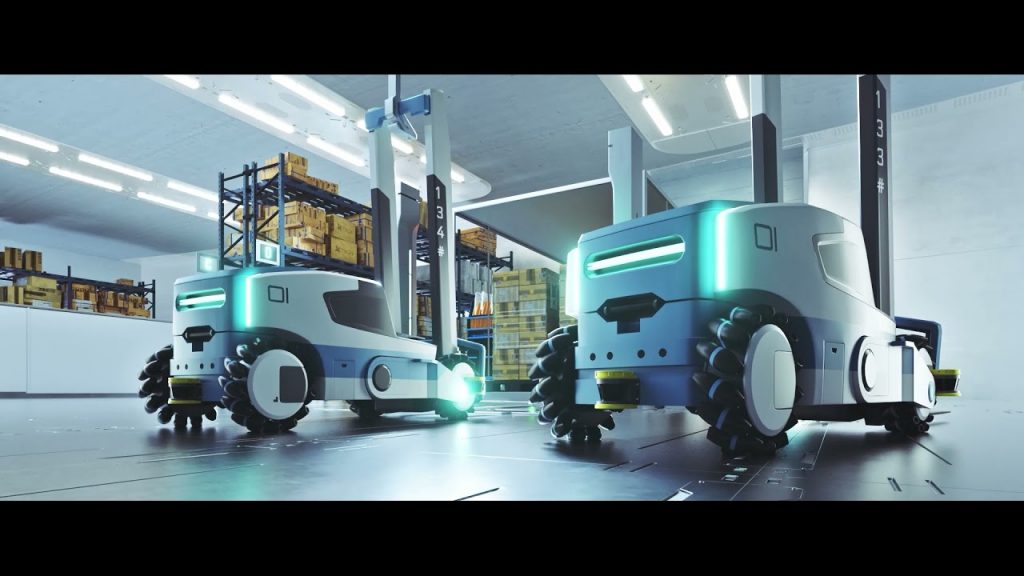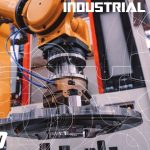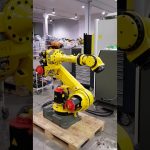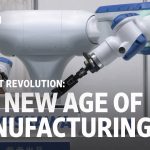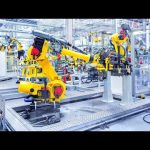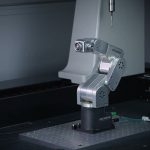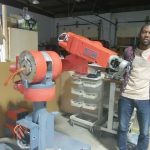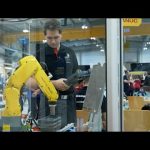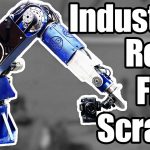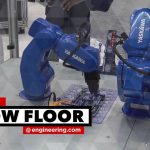Check out our website for the best industrial automation solutions available.”
Title: The Future of Industrial Automation: Transforming Ideas into Reality
Introduction:
Our world is teeming with exciting ideas, waiting to be transformed into tangible products that can revolutionize industries. Imagine a future where every idea can be realized as an individual product, just like the groundbreaking advancements in industrial automation. In this article, we will delve into the realm of industrial automation and explore its potential to shape the future of manufacturing. With insights from Siemens’ thought-provoking report, “The Autonomous Factory of the Future,” we will uncover the limitless possibilities that await us.
Opinion/Thought Piece Style:
The rapid evolution of industrial automation has the potential to redefine the manufacturing landscape. As technology continues to advance, the barriers between imagination and realization are gradually diminishing. Industrial automation empowers businesses to bring their ideas to life, creating products that were once inconceivable. From robotic assembly lines to smart factories, the possibilities seem endless. This shift towards automation not only enhances productivity and efficiency but also opens doors to innovative solutions that can revolutionize industries.
Interview Style:
We had the opportunity to speak with experts from Siemens about their perspective on industrial automation. According to them, the future of manufacturing lies in the seamless integration of artificial intelligence, robotics, and data analytics. This convergence will enable factories to operate autonomously, making real-time decisions and optimizing processes. The potential benefits are immense, including increased productivity, reduced downtime, and improved worker safety. Siemens believes that industrial automation will propel us into a new era of manufacturing, where ideas can be transformed into reality with remarkable efficiency.
Case Study Style:
A notable example that exemplifies the transformative power of industrial automation is the case of a renowned packaging company. Faced with growing demand and the need for increased efficiency, the company sought a solution to automate their packaging process. By implementing cutting-edge robotics and intelligent control systems, they were able to streamline their operations, significantly reducing manual labor and minimizing errors. The result? A dramatic increase in productivity and a substantial decrease in production costs. This success story highlights the immense potential of industrial automation to revolutionize traditional manufacturing processes.
Predictive/Foresight Style:
Looking forward, the future of industrial automation appears promising. As technology continues to evolve, we can expect even more advanced and sophisticated systems. Predictive analytics, machine learning, and collaborative robots are just a few examples of the emerging trends in this field. These advancements will enable factories to anticipate and prevent issues before they occur, optimizing production and reducing downtime. Furthermore, the integration of human-machine collaboration will enhance worker safety and create a harmonious work environment. The future of industrial automation is boundless, and it holds the key to unlocking a new era of manufacturing excellence.
Explanatory Style:
Industrial automation refers to the use of technology and machinery to automate manufacturing processes. It encompasses a wide range of tools, including robotics, control systems, and data analytics. By automating repetitive tasks and optimizing production, industrial automation improves efficiency, reduces costs, and enhances overall productivity. This transformative technology enables businesses to bring their ideas to life, creating innovative products that drive growth and success.
In-depth Analysis Style:
Industrial automation has revolutionized the manufacturing industry in numerous ways. By replacing manual labor with advanced robotics and intelligent systems, companies can achieve higher production rates, improved product quality, and reduced human error. Additionally, automation allows for the collection and analysis of vast amounts of data, enabling businesses to optimize their processes and make data-driven decisions. The integration of AI and machine learning further enhances efficiency, as machines can learn from patterns and adapt to changing conditions. With these advancements, industrial automation is reshaping the future of manufacturing.
Conclusion:
The future of industrial automation holds immense potential for transforming ideas into reality. As technology continues to advance, the possibilities are limitless. The integration of artificial intelligence, robotics, and data analytics will pave the way for autonomous factories that can make real-time decisions and optimize processes. By embracing industrial automation, businesses can unlock unprecedented levels of productivity, efficiency, and innovation. The journey towards the autonomous factory of the future has just begun, and the possibilities are truly awe-inspiring.
Check the industrial automation solutions with leading manufacturers for the best professional solutions available. Industrial Robot
“Revolutionizing Industrial Automation: Discovering the Future of Autonomous Factories”
